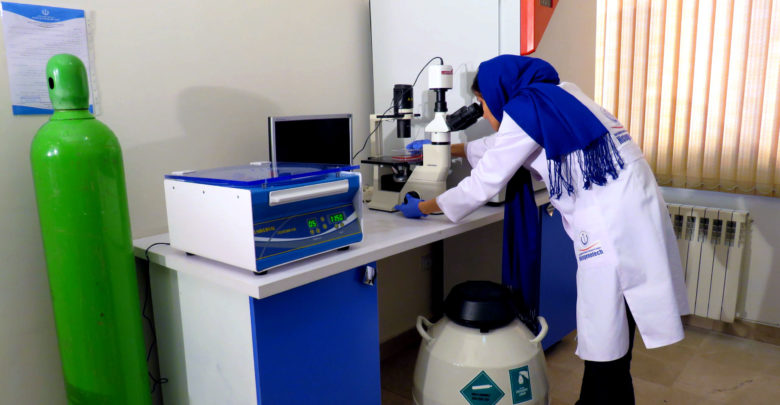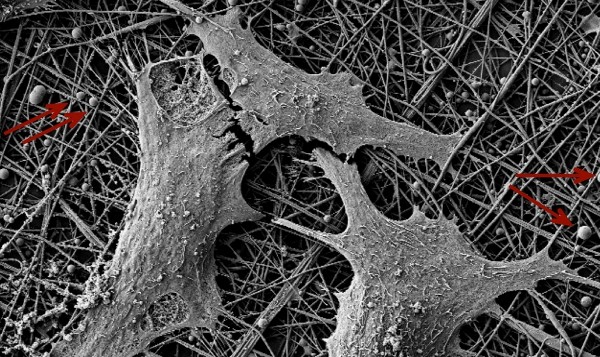Cellular
Cytology has led to an increase in human knowledge in the evolution of organisms by the assessment of the structure, nutritional needs, and causes of growth inhibition during the process of cell cycle development, cancer cell growth, and modulation of gene expression. The use of cell culture techniques has been helpful in genetic studies (including the production of transgenic animals expressing specific genes) through the insertion of a foreign gene into the cell genome. Also, cell hybridization technology, which is mainly employed for the production of monoclonal antibodies, as well as toxicological examinations, requires the cell culture and maintenance of the cells in the laboratory.
Cytology has led to an increase in human knowledge in the evolution of organisms by the assessment of the structure, nutritional needs, and causes of growth inhibition during the process of cell cycle development, cancer cell growth, and modulation of gene expression. The use of cell culture techniques has been helpful in genetic studies (including the production of transgenic animals expressing specific genes) through the insertion of a foreign gene into the cell genome. Also, cell hybridization technology, which is mainly employed for the production of monoclonal antibodies, as well as toxicological examinations, requires the cell culture and maintenance of the cells in the laboratory.
Some of the cellular techniques offered in Histogenetech. Co. :
- Isolation and primary cell culture from different types of tissues
- Differentiation of cells to different cell lineages
- Cell identification by Immunocytochemistry
- Apoptosis assay by Flow Cytometry
- Cell proliferation and viability tests
- Cellular oxidative stress assay by Flow Cytometry
- Cellular antioxidant components assay by spectrophotometry
- Cell membrane lipid peroxidation assay
- Cell cycle analysis to study of mitosis
- Cell homing analysis upon scaffold
- Cell transplantation via blood, IP, under the capsule of the kidneys and muscles
- Tracking of transplanted cells
- Cell separation based on surface markers using the MACS method
- Evaluation of growth, proliferation and cell death by MTT assay












